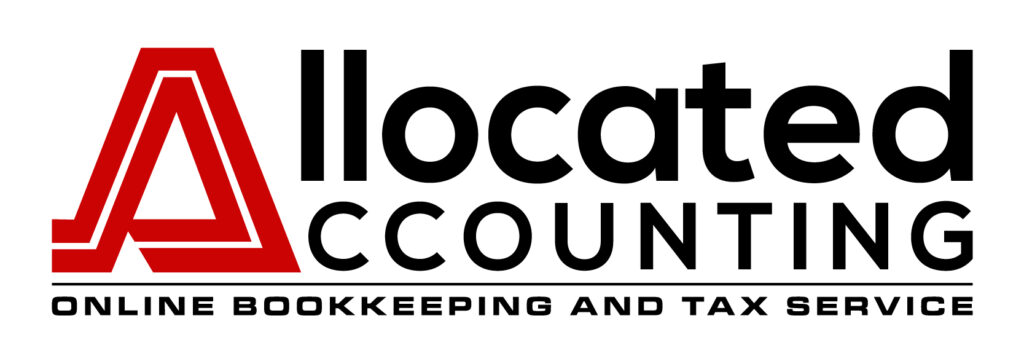Lorem ipsum dolor sit amet, consectetur adipiscing elit. Ut blandit accumsan elit in ultricies. Praesent facilisis lectus turpis, non tincidunt sem sollicitudin sed. Duis venenatis et massa vel ultricies. Curabitur semper, dolor ut tristique egestas, mi quam condimentum nunc, vitae maximus nunc diam vitae nisl. Maecenas nibh metus, pretium ut laoreet non, iaculis posuere turpis. In eget feugiat nisi, sed ornare mi. Phasellus sollicitudin, orci in varius suscipit, eros odio ullamcorper tortor, non sagittis est tellus sit amet magna. Vestibulum molestie vehicula commodo. Donec porta leo vulputate porttitor consectetur. Nunc placerat orci eu tortor molestie tincidunt. Pellentesque non mauris dapibus, molestie nulla non, convallis velit. Curabitur sollicitudin quam et enim vestibulum, tristique sodales velit pulvinar. Vestibulum ante ipsum primis in faucibus orci luctus et ultrices posuere cubilia curae;
Integer gravida tempor enim, at mattis neque. Morbi id sollicitudin dui. Ut blandit, dolor nec condimentum eleifend, mauris neque euismod sapien, et aliquet dui leo vehicula mi. Phasellus ultricies nunc quam, tempor malesuada lacus eleifend eget. Mauris ut lorem pulvinar, porttitor ligula quis, finibus sapien. Nulla id leo orci. Lorem ipsum dolor sit amet, consectetur adipiscing elit. Ut sodales tempor ex nec auctor. Phasellus aliquam justo mauris, nec eleifend dolor feugiat vel. Sed euismod urna eget massa interdum faucibus. Praesent aliquam sed sapien sed sagittis. Praesent at nisl nec elit sodales finibus ac non orci.
Nulla sit amet ante hendrerit, tristique arcu ut, laoreet odio. Phasellus ipsum orci, bibendum id ullamcorper at, imperdiet eu eros. Nulla eu ornare quam. Nullam consequat quis diam eget pulvinar. Praesent a nisi faucibus, imperdiet magna et, porttitor nunc. Orci varius natoque penatibus et magnis dis parturient montes, nascetur ridiculus mus. Vivamus eget iaculis metus. Vestibulum blandit interdum ex, in laoreet justo scelerisque a.
Mauris et est at augue volutpat facilisis. Donec condimentum vulputate nisi id egestas. In ut congue quam. Praesent vulputate rutrum sollicitudin. Maecenas mattis augue in enim posuere mattis. Morbi sem est, malesuada eu metus at, vehicula laoreet tellus. Integer fermentum porta nunc sit amet mollis.
Etiam a velit vehicula, egestas metus et, cursus metus. Sed id consequat ex, eget eleifend felis. Mauris posuere commodo blandit. Donec ligula lacus, lacinia eget metus consectetur, auctor suscipit augue. Vivamus quis nulla fermentum, sagittis nunc quis, fermentum lorem. Mauris ac ligula ut ex porttitor eleifend non ut ante. Mauris eget est et massa accumsan tristique. Phasellus vel nulla nec libero lacinia sagittis. Integer sit amet nunc tempor, varius turpis in, cursus orci. Nulla facilisi. Donec laoreet varius neque, in varius diam vestibulum mattis. Nam consectetur iaculis iaculis.

